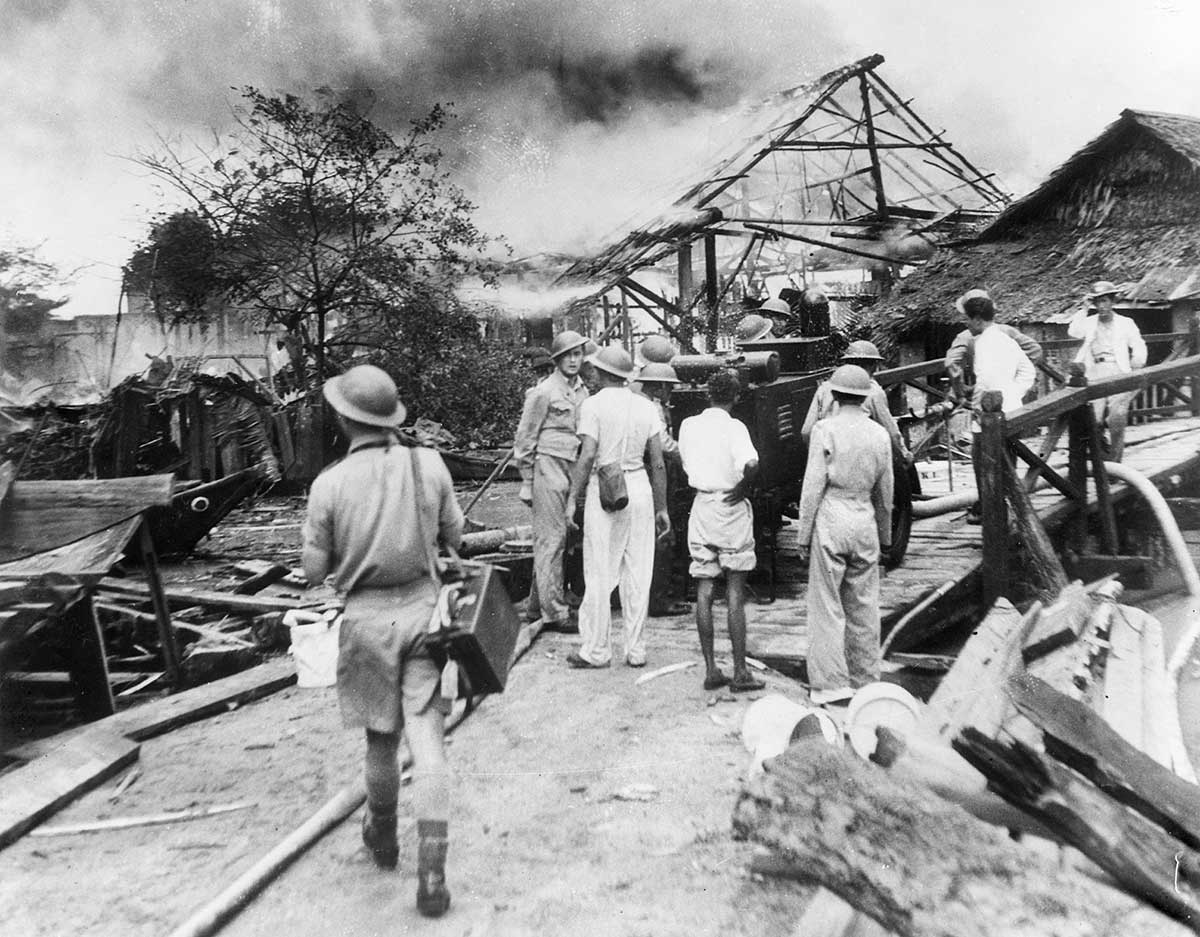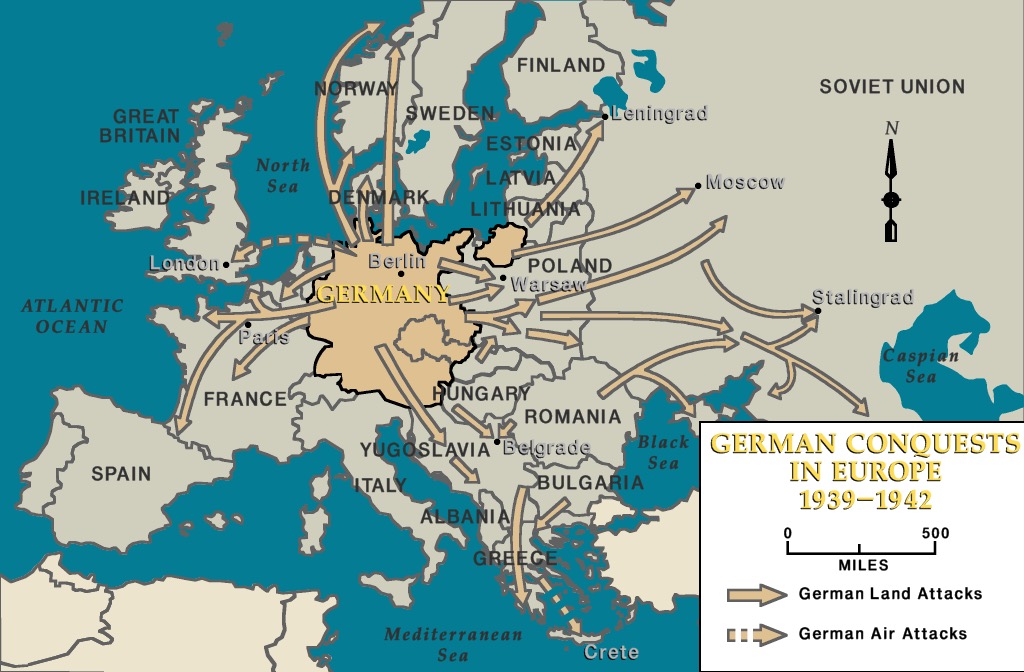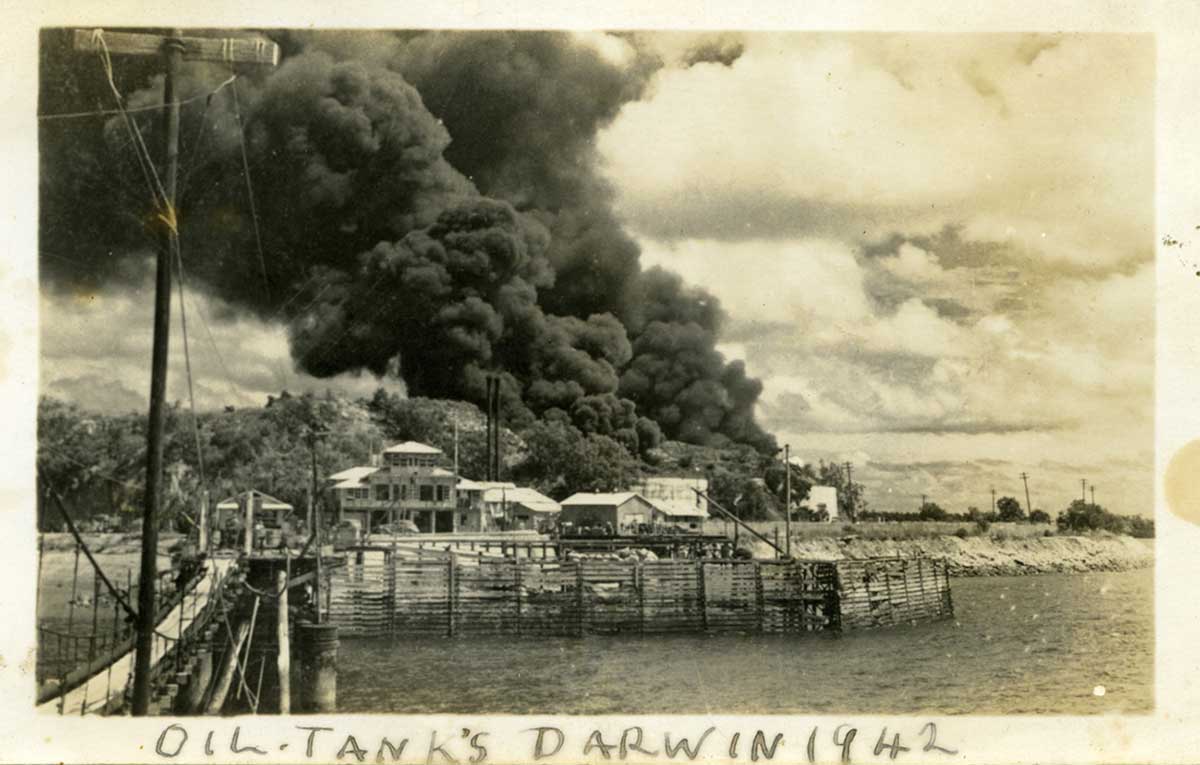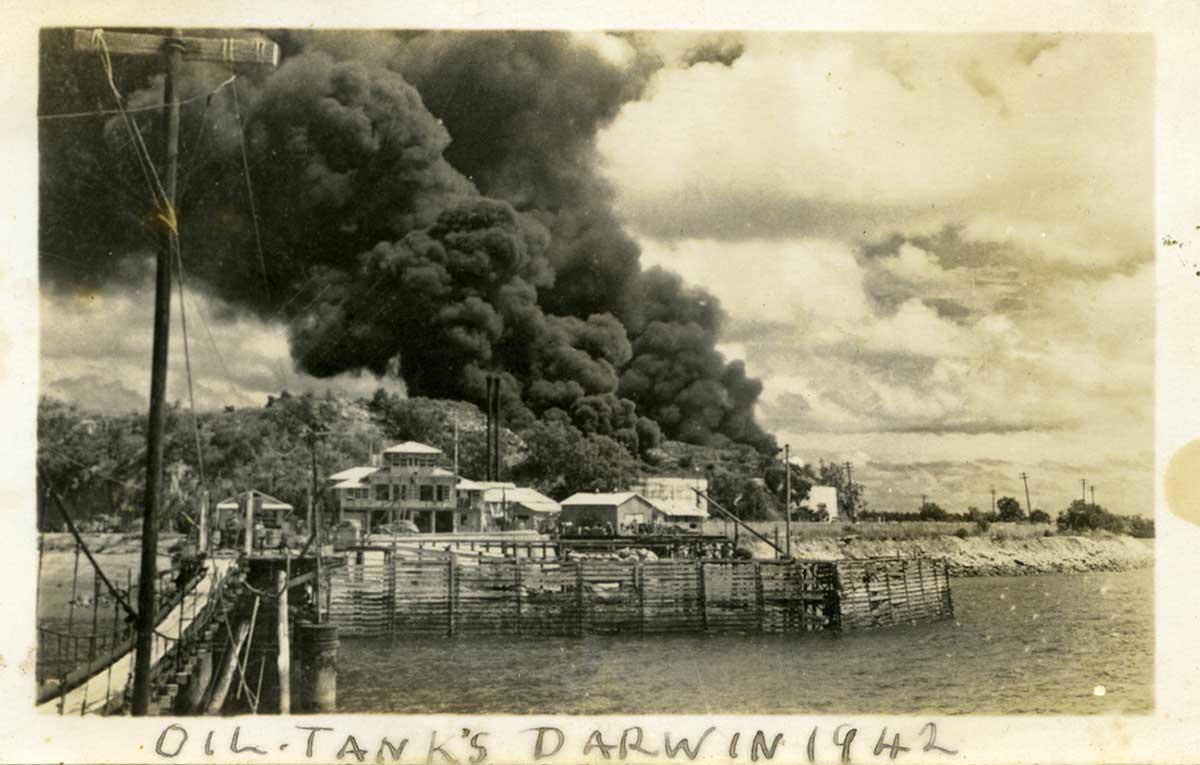Learning module:
Second World War Defining Moments, 1939–1945
Investigation 5: Further research
5.3 Other significant international events during the Second World War
The table below lists some significant international events which occurred during the Second World War. Use the research question column to help guide you as you investigate one or more of these events further.
| Event | Short explanation | Research question |
|---|---|---|
|
1939: German invasion of Poland |
German expansion starts the war. |
Why did Germany invade? |
|
1940: Blitzkrieg |
German forces overrun Western Europe. |
How were they able to defeat their enemy so easily? |
|
1940: Battle of Britain |
Germany attempts to control the air over Britain so that they can invade. |
Why was Britain able to keep control of the air? |
|
1941: Barbarossa |
Germany invades Russia. |
Why did Germany invade?
|
|
1941–45: Holocaust |
German mass killing of the Jews of Europe. |
How did this happen? |
|
1941: Pearl Harbor |
Japanese entry into the war. |
Why did Japan enter the war? |
|
1942: Battle of Midway |
The naval battle in the Pacific that destroys Japanese aircraft carrier capacity. |
How were the Allies able to trap the Japanese navy? |
|
1943–1945: Bombing campaigns in Europe |
The strategy of bombing German cities and strategic areas. |
Was it justified? |
|
1944: D-Day |
The Allied invasion of France that, along with the Russian advance on the eastern front, starts the defeat of Germany. |
What enabled it to succeed? |
|
1945: Atomic bomb |
Deploying atomic bombs on Hiroshima and Nagasaki forces the Japanese surrender. |
Was it justified? |
|
1946: War trials |
Trials of German and Japanese leaders and officers for war crimes. |
Were the trials fair? |
You could start your research at the Australian War Memorial, Anzac Portal, Britannica or BBC.











